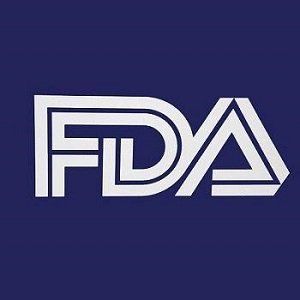FDA Approves First Liquid Biopsy Gene Test for Lung Cancer
The FDA has approved the cobas® EGFR Mutation Test v2, the first “liquid biopsy” blood test for detecting EGFR gene mutations in non-small cell lung cancer.

The US Food and Drug Administration (FDA) has approved the cobas® EGFR Mutation Test v2, the first “liquid biopsy” blood test for detecting epidermal growth factor receptor (EGFR) gene mutations in non-small cell lung cancer (NSCLC). EGFR mutations occur in about 10% to 20% of these lung cancers, and can be targeted with erlotinib (Tarceva).
“Approvals of liquid biopsy tests make it possible to deliver highly individualized health care for patients,” said Alberto Gutierrez, PhD, director of the FDA’s Office of In-Vitro Diagnostics and Radiological Health, in a press release. “Liquid biopsies also have the potential to allow physicians to identify patients whose tumors have specific mutations in the least invasive way possible.”
Lung tumors shed cancer DNA into patients’ blood. The approved test detects exon 19 deletion and exon 21 (L858R) substitution EGFR mutations harbored by NSCLC tumors in patient blood samples. Patients with these tumor mutations may benefit from erlotinib.
“However, if such mutations are not detected in the blood, then a tumor biopsy should be performed to determine if the NSCLC mutations are present,” the FDA advised. “Insofar as the test provides positive results, it may benefit patients who may be too ill or are otherwise unable to provide a tumor specimen for EGFR testing.”
The FDA’s approval of the cobas® EGFR Mutation Test v2 was based on findings from a clinical trial in which participants had previously confirmed positive EGFR exon 19 deletion or L858R mutations using the cobas® EGFR Mutation Test v1. The test is manufactured by Roche Molecular Systems (Pleasanton, Calif.) for Astellas Pharma Technologies, and is distributed by Genentech.